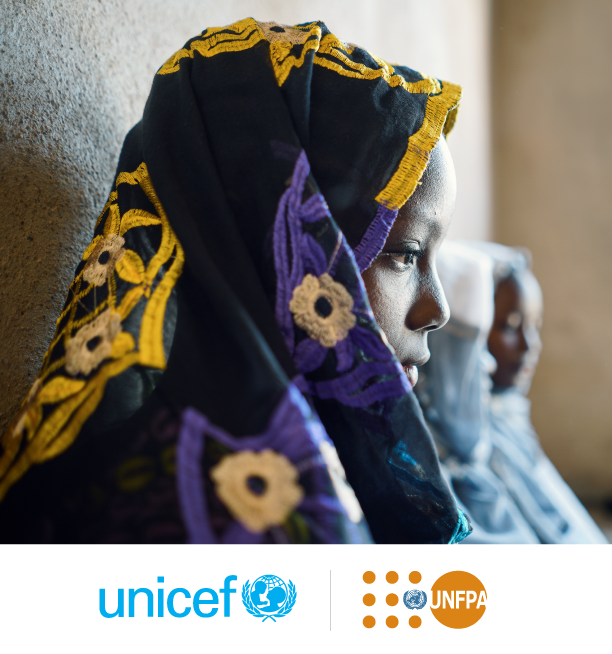Uganda
48.7
Population 2023 (Millions)
0.6
HDI Score
2022 (Max. 1)
56
SDG Score
2023
(Max. 100)
0.5
Gender Inequality
Index Score
(Max. 1)
80
Internet Inclusivity
Index 2022
(100 countries)
Overview
Projects

- Global, Uganda
- April 2020 - June 2021
- Just Digital Transformations
- Partner(s): GIZ Fair Forward (Funder)
FAIR Forward – Artificial Intelligence for All is a GIZ initiative aimed at promoting and achieving a more inclusive and sustainable approach to AI at the international level. This project sought to contribute to this goal through three pillars of work:
- Strengthening local AI technical know-how;
- Removing entry barriers to AI by improving access to AI technologies and data; and
- Developing policy frameworks, including ethical AI, data protection, and privacy guidelines.
DPA provided consulting services in the form of reports, guidelines, and advisory assistance under these pillars of work throughout 2021. As a result, reports and tools on subjects as diverse as the ethical use of machine learning for Earth observation, a gender-sensitive approach to AI, operating and business models to sustain open AI resources, and available data governance models for AI initiatives, among others, were produced for and incorporated by the GIZ FF initiative in its projects. In addition to this, DPA supported the creation and implementation of a data governance model in Uganda.

- Bangladesh, Burkina Faso, Egypt, Ethiopia, Ghana, India, Kenya, Middle East and North Africa (MENA), Mozambique, Nepal, Sierra Leone, South & Southeast Asia, Sub-Saharan Africa (SSA), Sudan, Uganda, Zambia
- June 2022 - May 2023
- Data Feminism
- Partner(s): UNFPA, UNICEF (Funder)
The need to end child marriage and FGM has never been greater –without accelerated progress to end both of these harmful practices, millions of women and girls across the globe will continue to be in danger. DPA, in collaboration with UNICEF and UNFPA, conducted a comprehensive landscape mapping and review of key technology-based interventions to address child marriage and FGM across 13 countries in Africa and Asia (Bangladesh, Burkina Faso, Egypt, Ethiopia, Ghana, India, Kenya, Mozambique, Nepal, Sierra Leone, Sudan, Uganda, Zambia). During the second phase of the project, DPA carried out an in depth review of three selected interventions to better understand their effectiveness, key success factors, and potential areas for improvement.
The methodology proposed by DPA was based on intersectional feminist approach and an analysis integrating both quantitative and qualitative research methods, as well as traditional and non-traditional data sources collected at different stages of the study, underpinned by a participatory approach involving UNICEF, UNFPA, and other stakeholders.
